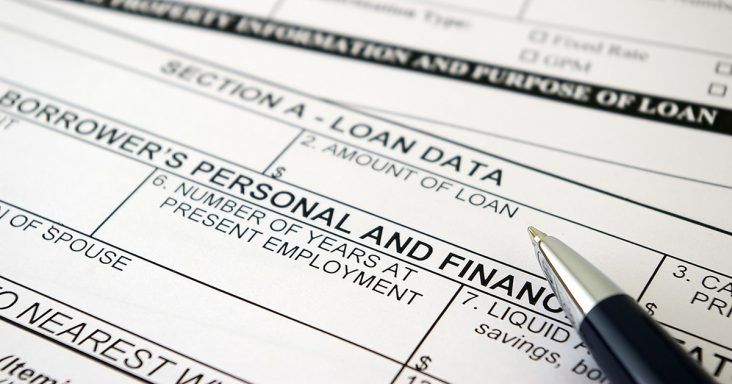Marist Poll indicates growing consumer worry over finances
by September 19, 2022 1:42 pm 679 views

Consumers are growing more concerned over their finances as inflation persists, interest rates rise and their retirement accounts invested in equities are losing value. A poll conducted by Marist College found nearly four in 10 Americans are feeling financially strapped.
More specifically, 37% report their family finances have gotten worse over the past year, an 8-point jump since February. Just 18% said their finances had improved since February. The poll was conducted in association with NPR/PBS earlier in September.
“When Americans weigh in on their economic situation, many are having difficulty making ends meet,” says Lee Miringoff, director of the Marist College Institute for Public Opinion. “This forces many families to make tough choices or to dip into their savings.”
More than one in four respondents say they have had to use their savings to meet their monthly expenses. Roughly 75% said they are resorting to other ways to stretch their budgets as they have had to cut back on discretionary spending in order to meet their essential household expenses.
Following are a few of the poll results.
• 54% said they are eating out less often, and 40% said they have driven less, or carpooled more to save on gasoline expenditures.
• 39% report cutting back on food and grocery purchases, 35% skipped a vacation or changed travel plans and 18% have skipped a doctor’s visit or purchasing prescription drugs.
• Around 20% said they are skipping or delaying at least one payment on bills such as their rent or mortgage, credit cards, or medical bills.
• Nearly 10% have missed or skipped making credit card payments or been late with their rent.
• One in four who said they had skipped rent earned less than $25,000.
• Americans earning $50,000 or less are three times less likely than higher wage earners to say their financial picture has improved in the last year.
• Roughly 27% of consumers, including one in three who earn less than $50,000 annually, have said they spend down their savings significantly in the past six months on household essentials.
Economists said the savings boom from the pandemic has largely eroded for many lower-middle class workers. The Federal Reserve Bank of New York reported outstanding debt in households around the country rose to $16.15 trillion in the second quarter. The total amount of household debt across the nation increased by $312 billion, or about 2%, over the same period. The largest portion of that debt – mortgage loan balances – rose to $207 billion, making up $11.39 trillion of the nation’s consumer debt.
Non-housing debt, including auto loans and student debt, also rose by $103 billion last quarter. This marks the largest growth for this type of debt since 2016. Economists warn that rising consumer debt at a time when interest rates are also increasing could spell trouble down the road.
The Fed report found rising credit card balances, which saw a 13% year-over-year increase – the largest in over 20 years – contributed to this major rise in household debt. Americans’ credit card debt grew by $46 billion in 2022’s second quarter, with the category totaling $890 billion in outstanding balances at the end of June. Joelle Scally, the New York Fed’s Administrator of the Center for Microeconomic Data, said in a statement that the “robust increases” in credit card balances and other debts were “driven in part by rising prices.”
In the Federal Reserve’s attempt to stem inflation by raising rates this year, American credit card balances and other consumer debts have also escalated for those carrying balances. Higher interest rates make carrying the debt more costly as interest charges increase from as low as 0% to more than 18% on many credit cards Americans are holding in their wallets, according to NerdWallet.com.
Economists at Wells Fargo Securities noted Sept. 16 that broad price pressure continues to be a challenge for consumers who have experienced a rapid deterioration in purchasing power. Declining gas prices and a slowdown in food price inflation in August should provide some reprieve by freeing up wallet share for other goods and services.
